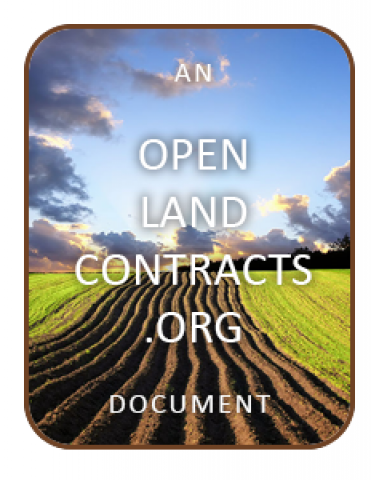Klimaatbestendige landbouw Veenkoloniën. Maatschappelijke kosten-batenanalyse
Dit rapport gaat over duurzaam bodembeheer in de Veenkoloniën, specifiek in de akkerbouw - verreweg de belangrijkste deelsector in de Veenkoloniale landbouw. Het behandelt de vraag in hoeverre klimaatverandering wijzigingen in het bodembeheer noodzakelijk maakt, en welke maatregelen specifiek voor de akkerbouw in de Veenkoloniën geschikt zijn. Hierbij gaat het enerzijds om maatregelen ter aanpassing aan klimaatverandering (adaptatie), en anderzijds ook om die klimaatverandering te verminderen (mitigatie).




